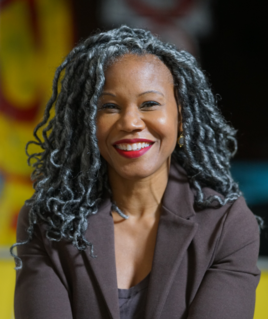A Quote by David Harvey
My advice to everybody would be to go out as much as possible and deal with social inequality and environmental degradation because these issues are increasingly prescient.
Related Quotes
We have to deal with issues like inequality, we have deal with issues of economic dislocation, we have to deal with peoples fears that their children won't do as well as they have. The more aggressively and effectively we deal with those issues, the less those fears may channel themselves into counter-productive approaches that pit people against each other.
In the States, the movement's actually gotten much much much stronger. There really was no climate movement so to speak before that - I think because everybody assumed that reasonable heads would prevail and do the right thing - and why would you need to have a huge movement in order to cause our leaders to deal with the most serious problem that they face. In a rational world you wouldn't. They would deal with it.
consumption can be very harmful to the world. I'm not a big proponent of the idea that consumption makes you morally bad, but there are consequences to our acts, and those consequences are environmental degradation and the huge social inequalities that make our standard of living in the United States possible.
In the U.S. when people like me started writing things about inequality, the economic journals had no classification for inequality. I couldn't find where to submit my inequality papers because there was no such topic. There was welfare, there was health issues, there was trade obviously. Finance had hundreds of sub groups.
There have always been two theories about inequality. One is that it reflects just deserts. The other is that there are large elements of exploitation and inequality of opportunities. The evidence is overwhelmingly that the increase in inequality is associated with those negative factors. If it were all social contribution, then when the top did better, they would be contributing to everybody's well-being. That trickle-down hasn't happened. We've seen median income, people in the middle, actually worse off than they were 25 years ago.
It's very tough to give advice because it's tough out there for everybody but for a girl it's even tougher, because I don't think the glass ceiling has changed at all in the past 30 years. Otherwise the radio would be covered with girl bands, or girls in bands, so I don't think much has changed on that level. But I think that bands can still have a lot of success trying to go another route.





































